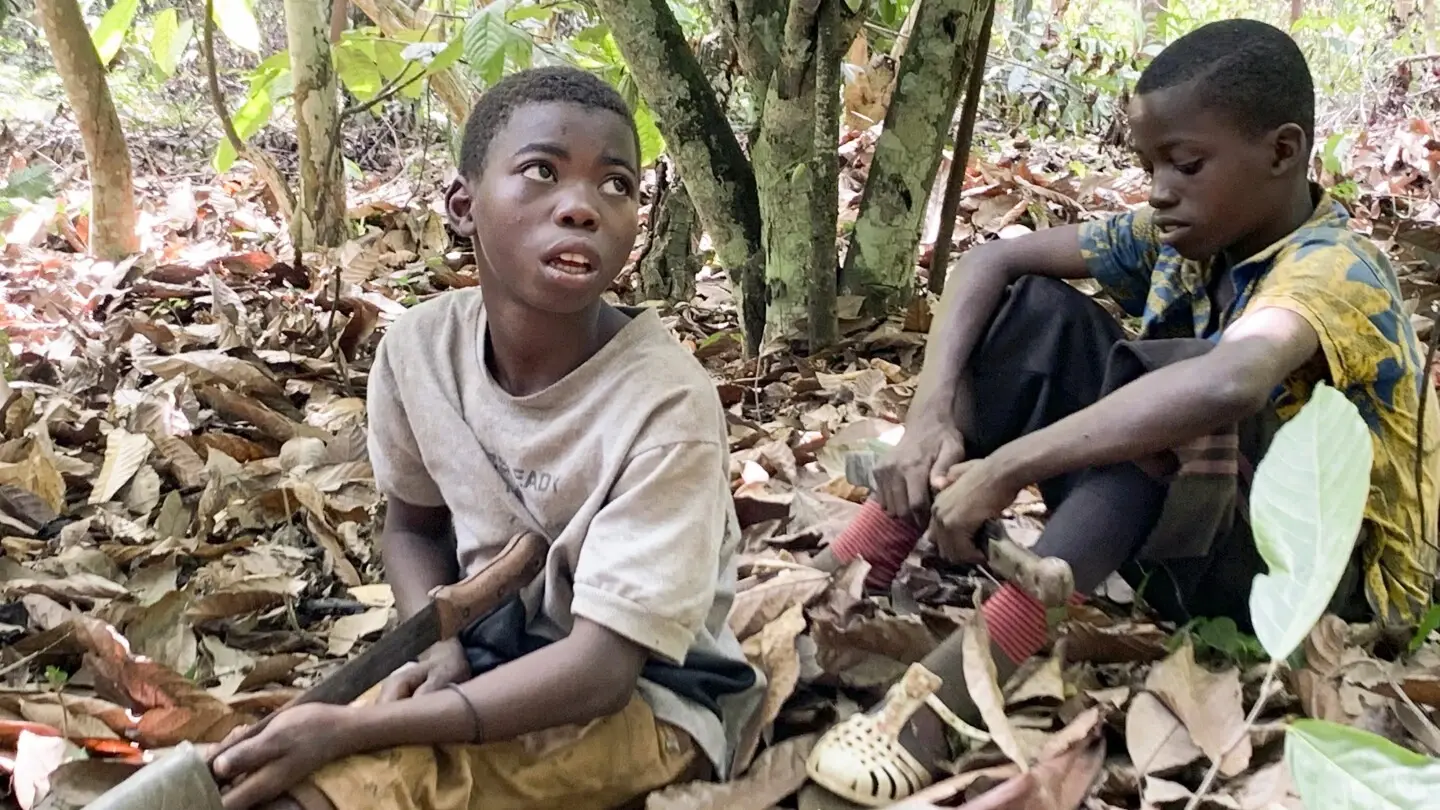Any legal experts here that can offer some insight on how potent this lawsuit is? I haven’t heard of “International Rights Advocates” before this article, but according to the article they lost a Supreme Court case related to this in 2021. That suit was filed on behalf of several former workers, and was dismissed on grounds that their injuries occurred in another country. This suit seems to make more sense to me - there is a federal law banning the import of goods produced with child labor, and that is the law that they are hanging this suit on.
What blows my mind about this kind of thing is that we could definitively end this as consumers by just not purchasing products engaged in child labor, slave wages, etc. But these issues are so pervasive (across multiple industries) that we’re either unaware of them or accept them as inevitable.
This a major failing of our societal development and we need to start treating it like one asap.
child labor, slave wages
Or in this case, actual child slavery - a lot of these children have been kidnapped (sometimes from neighbouring countries), trafficked to a plantation, and made to work for free.
I think people like to imagine that these are all kids working alongside mum and dad for subsistence wages for their families but the reality is often much, much bleaker than that.
Then stop using electronics
Every electronic device you own is made from slave labor, the rare-earth elements needed are mined by slaves in Africa, bought by Chinese Slave Owners and then manufactured in China to send to the west
Agreed, that’s a problem too. Like I said, we need to start treating it like a societal failure (not an individual one). I’m not trying to lay out a detailed roadmap here, I’m just complaining online.
I know, and I’m not blaming you specifically or anything, but this has been on going for as long as I can remember and nothing changes. The raw materials needed to manufacture anything often come from places with 0 labor laws and I wish this country would focus more on stopping it rather then sweeping it under the rug
But it’s a societal issue, like global warming it’s something we all need to stop together.
America runs on slavery, it’s just that the slaves aren’t here anymore, they’re in the poorest countries
The estimates I’ve seen say there’s between 400,000 and 1 million victims of “Modern Slavery” living inside the USA…
Capitalism runs on slavery
🤖 I’m a bot that provides automatic summaries for articles:
Click here to see the summary
WASHINGTON (AP) — Child welfare advocates filed a federal lawsuit Tuesday asking a judge to force the Biden administration to block imports of cocoa harvested by children in West Africa that can end up in America’s most popular chocolate desserts and candies.
The nonprofit group says it filed the suit because Customs and Border Protection and the Department of Homeland Security have ignored extensive evidence documenting children cultivating cocoa destined for well-known U.S. candy makers, including Hershey, Mars, Nestle and Cargill.
The State Department in a recent report said that agriculture companies in the Ivory Coast rely on child labor to produce a range of products, including cocoa.
Pressured by lawmakers and advocates, major chocolate makers in 2001 agreed to stop purchasing cocoa produced by child labor.
“These companies kept saying, ‘We can’t trace it back.’ That’s BS,” said former Sen. Tom Harkin, who led a push for legislation to reform the industry, but ended up agreeing to a protocol that allows corporations to regulate themselves.
Collingsworth said his group also provided CBP with interviews with children as young as 12 who said their wages were being withheld, and that they had been tricked by recruiters into working long hours on a false promise they would be given land of their own.
Saved 76% of original text.



